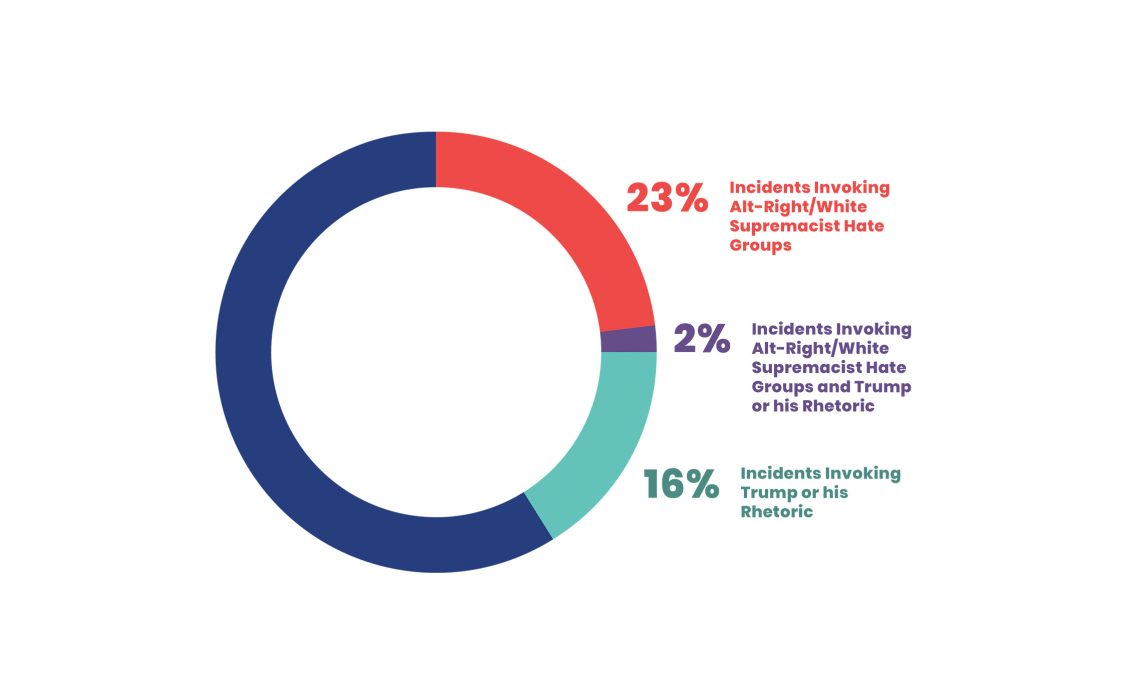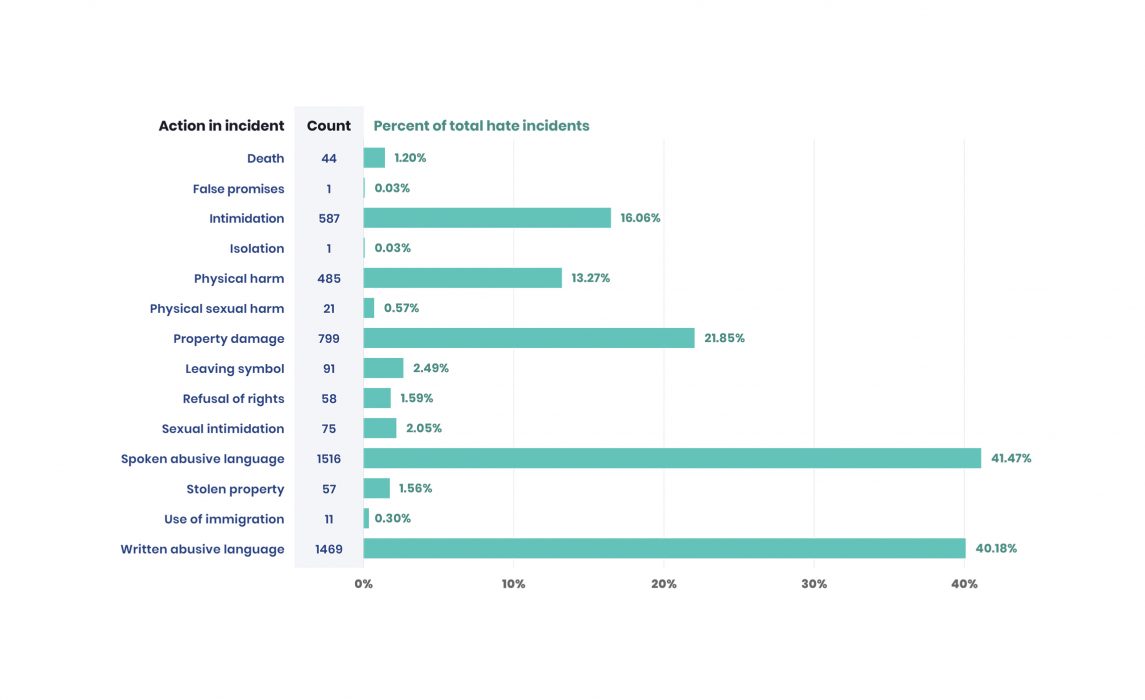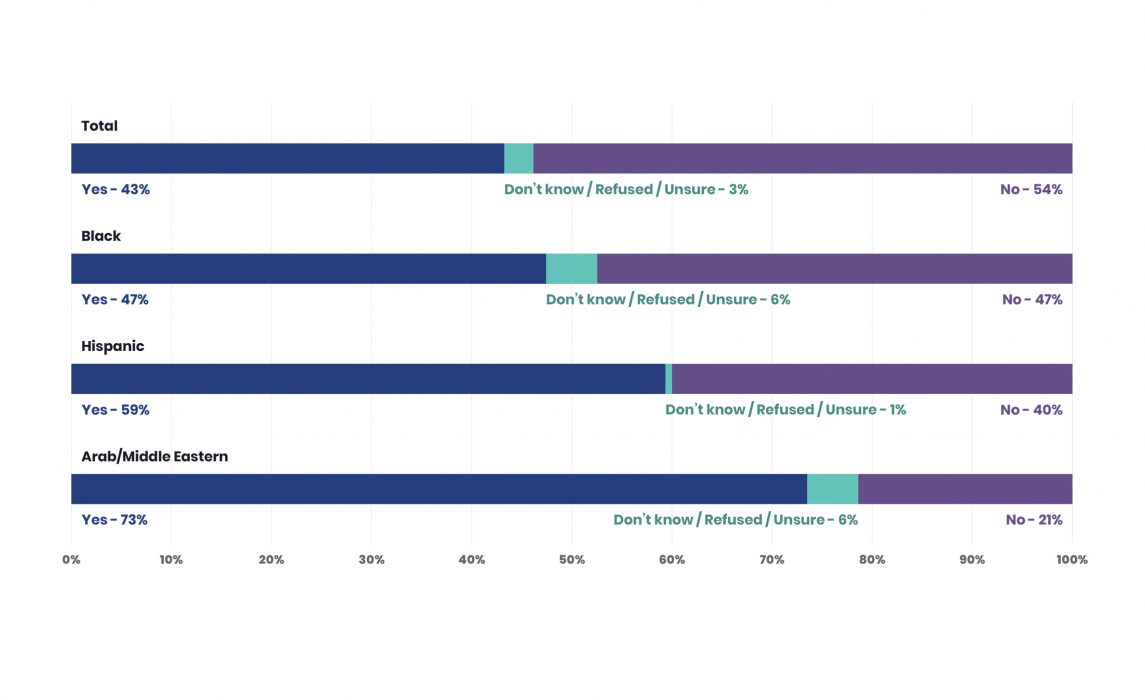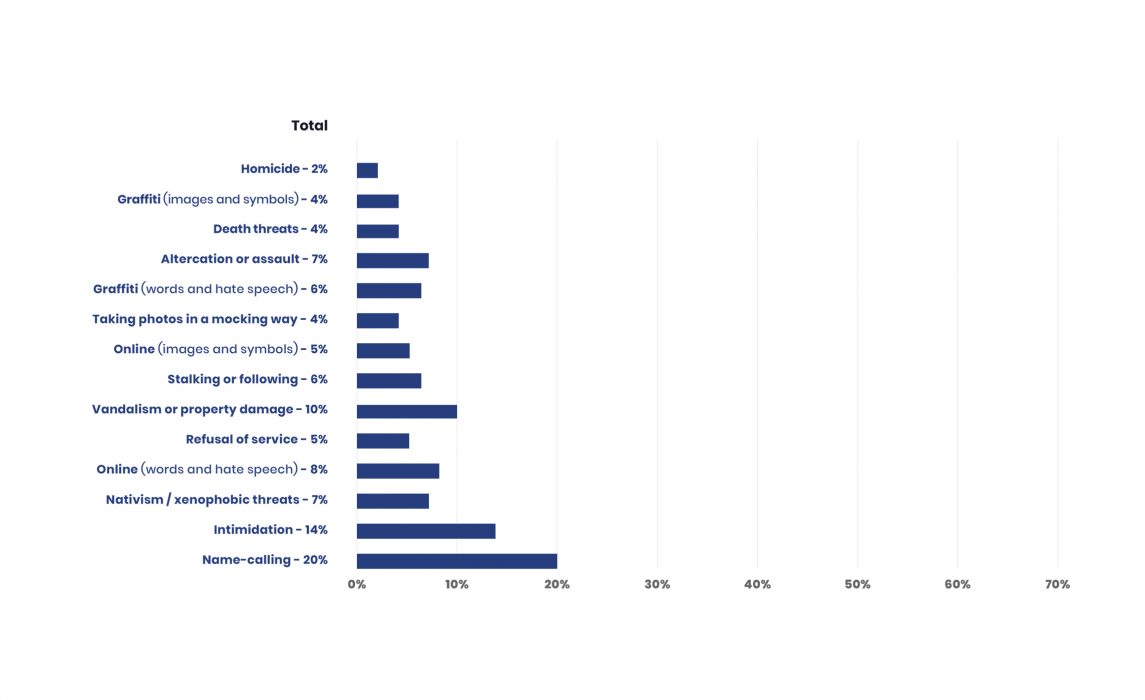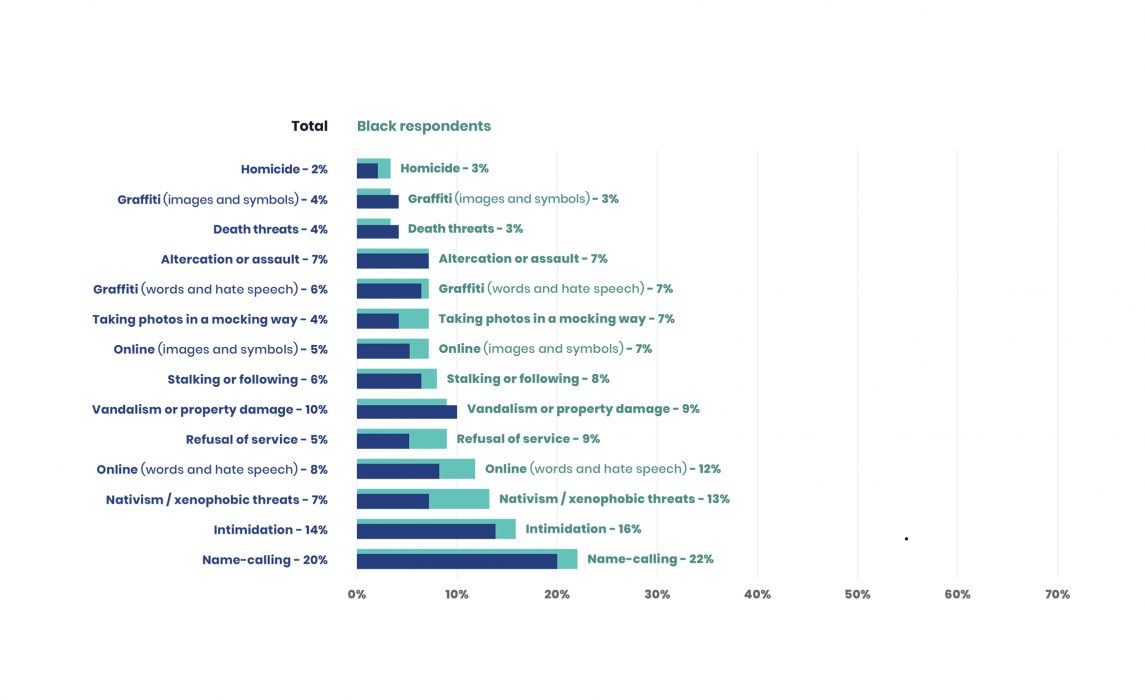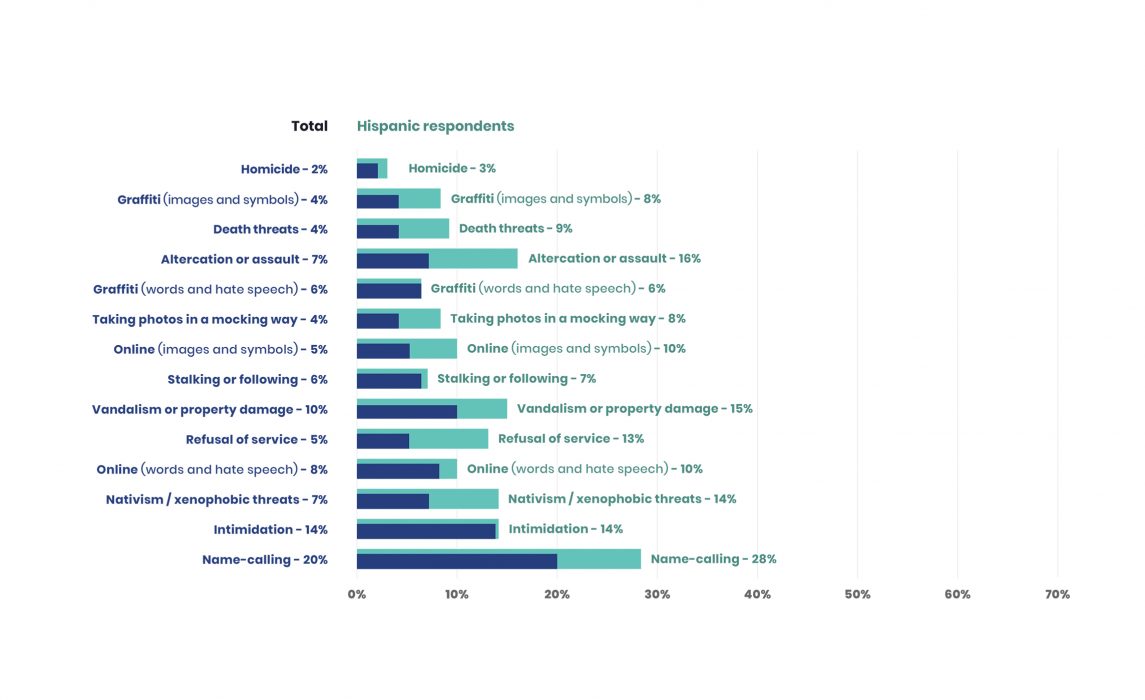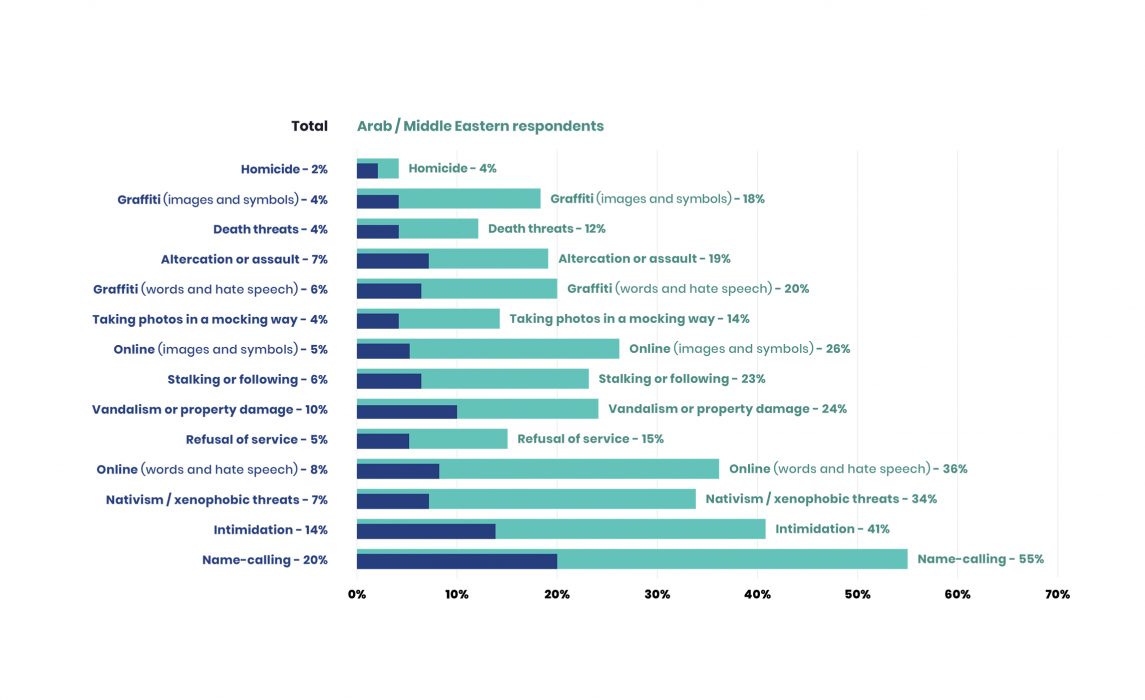Fighting Hate & Bias
Building a safe and inclusive America by documenting hate, promoting community, and demanding action
Just like electricity and telephone service before it, access to communications and technology in the 21st century has moved from being a luxury to a necessity.
The availability of these services are determined by our nation’s media, telecommunications, and technology policies — policies that must promote equity in a free, plural, and democratic society. When these policies fail, equal opportunity and democratic participation are compromised.
The Education Fund works to ensure that new technologies further civil rights protections and expand media diversity and access to broadband. Technological progress should bring greater safety, economic opportunity, and convenience to everyone. At the same time, as new technologies allow companies and government to gain greater insight into our lives, it is vitally important that technologies be designed and used in ways that respect the values of fairness and equal justice.
Latest News
The Leadership Conference Education Fund Announces Its “Center for Civil Rights and Technology,” a First of Its Kind Research and Advocacy Hub
WASHINGTON DC — Today, The Leadership Conference Education Fund launched an unprecedented initiative to create a fair, just, opportunity-rich, and rights-advancing future for all in the face of artificial intelligence with the creation of The Center for Civil Rights and Technology. The Center will serve as a convener, collaborator, and communicator on policy issues, ideas, and potential innovations that can advance, as well as protect, equity in society. Dr. Alondra Nelson — who served as deputy assistant to President Joe Biden and acting director of the White House Office of Science and Technology Policy — will serve as a senior advisor on Civil Rights and Technology to the president and CEO, Maya Wiley.
The Leadership Conference, The Education Fund Welcome Managing Director of Communications, Media and Tech Counsel
WASHINGTON – The Leadership Conference on Civil and Human Rights and its sister organization, The Leadership Conference Education Fund, welcomed Shin Inouye as managing director of communications and Bertram Lee Jr. as media and tech counsel.
Civil Rights Groups Call for Strong Guardrails in Hiring Assessment Technologies
WASHINGTON – The Leadership Conference on Civil and Human Rights, The Leadership Conference Education Fund and more than 24 civil rights, employment, and privacy organizations today introduced principles to guide the development, use, auditing, and oversight of hiring assessment technologies. The groups urge policymakers, vendors, and employers to protect the civil rights of working people by ensuring new assessment tools that rely on algorithms and artificial intelligence do not further entrench decades of discrimination. Without guardrails in place, new assessments threaten to perpetuate unjust hiring practices based on race, ethnicity, sex, disability, age, and other factors.
Acts of hate touch every community and threaten to undermine the most basic tenets of our democracy. And hate is on the rise. New research found that hate crimes reached their highest number in a decade after increasing for four straight years.
But the data understate the true volume of violence against a diverse set of communities impacted directly by hate. Nearly 90 percent of the nation’s law enforcement agencies do not submit hate crimes to the FBI. Additionally, we know that victims and survivors may be fearful of authorities and thus, not report the crimes to law enforcement. That means our understanding of the magnitude and nature of the crisis is dangerously limited — even as the crisis worsens.
To take on this problematic gap in data, The Education Fund launched Communities Against Hate in partnership with the Lawyers’ Committee for Civil Rights Under Law and a diverse array of organizations. Together, we document stories and respond to incidents of violence, threats, and property damage motivated by hate in America. Communities Against Hate provides a safe place for survivors and witnesses to share stories of hate incidents through an online database and telephone hotline.
Latest News
Hate Magnified
More than two-thirds of Americans say that hate incidents have intensified during the past two years. Our report, Hate Magnified: Communities in Crisis, documents where hate incidents occur, which communities are most likely to experience hate incidents, and what form those incidents most often take. The report findings underscore the need for better data collection, comprehensive policy reform, and widespread support for combating hate incidents.
Hate Magnified analyzed results from a Hate Incidence Poll conducted by Washington-based firm brilliant corners, in addition to nearly 4,000 incident reports submitted to our online reporting database. The report also noted that 73 percent of Americans of Middle East or Arab descent experienced hate incidents, with 59 percent of Hispanic Americans and 47 percent of African Americans reporting the same experience.
Notably, nearly 40 percent of those perpetrating hate incidents invoked the name of an alt-right hate group, President Trump, or Trump-related rhetoric, according to database submissions.
Get Involved
Together, we have the power to move our nation toward its highest ideals of fairness and inclusion. Learn more about our campaigns and projects to fight hate and bigotry.
Solidarity Against Acts of Hate
In November 2018 – in the wake of the anti-Semitic mass shooting at the Tree of Life synagogue in Pittsburgh and other acts of hate across the country – The Leadership Conference Education Fund, the NAACP Legal Defense and Educational Fund, Inc., The Leadership Conference on Civil and Human Rights, Communities Against Hate, and 83 other civil rights organizations launched full-page advertisements in The New York Times and the Pittsburgh Post-Gazette in solidarity with victims of recent acts of hate and bigotry in our country.
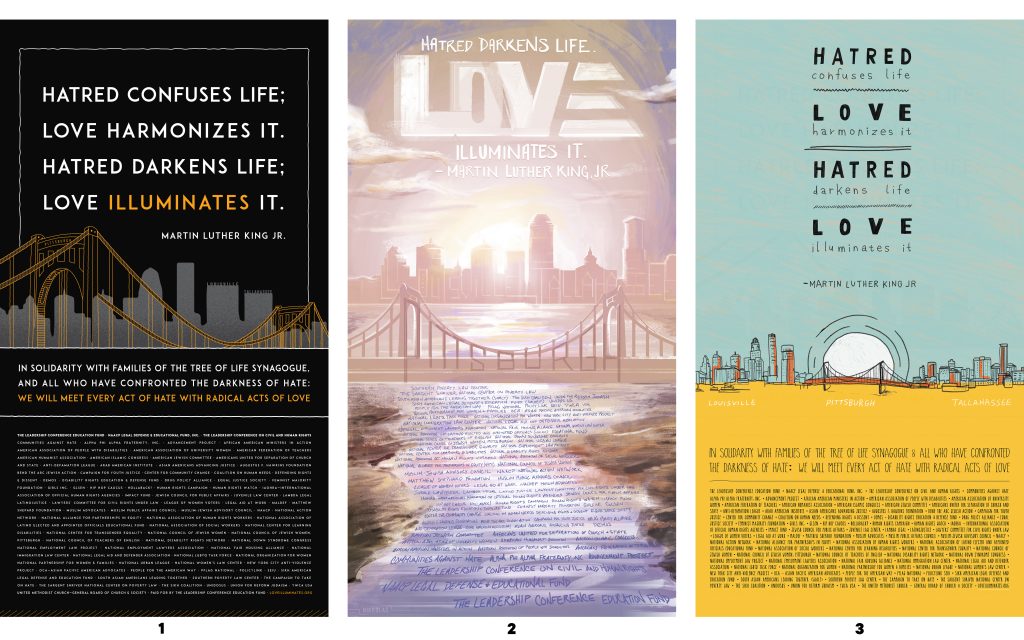
#TodayItsCake: Masterpiece Explained
The Masterpiece Cakeshop Supreme Court decision was a perfect example of how the highest court in our nation impacts people’s daily lives. Watch this:
Contact Us
Learn more about our campaign to end hate and bigotry in America by contacting Anjali Thakur-Mittal, director of Communities Against Hate.
